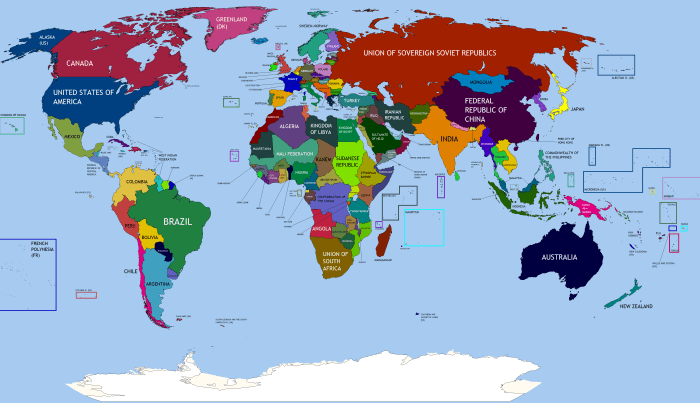Mott claimed that if allowed into the political realm – Mott’s bold claim that outsiders should be allowed into the political realm sparked a profound debate, challenging prevailing norms and raising questions about the nature of representation. This discourse delves into the historical context, motivations, obstacles, and legacy of Mott’s assertion, examining its impact on the political landscape and the perception of outsiders in positions of power.
Mott’s decision to seek entry into the political realm was driven by a complex interplay of personal ambition and a desire to effect societal change. However, his aspirations were met with significant resistance, as outsiders often faced prejudice, discrimination, and lack of support.
Historical Context
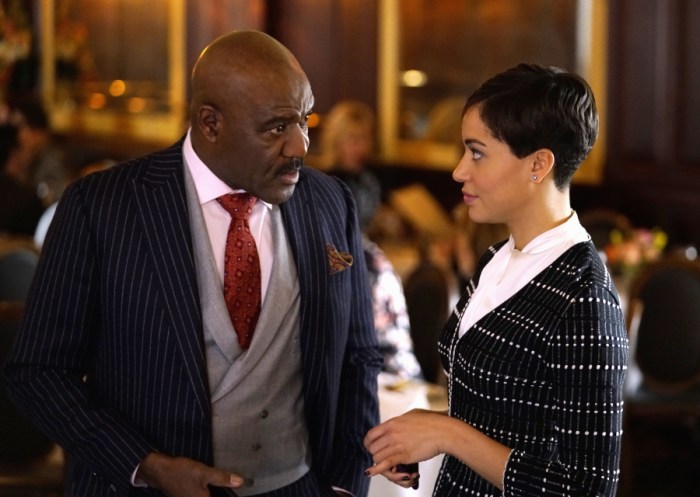
During the time of Mott’s claim, the political climate was characterized by significant social and economic changes. The Industrial Revolution had transformed the landscape, leading to the rise of new industries and the emergence of a working class. This period also witnessed the growth of political movements, including the labor movement and the women’s suffrage movement, which advocated for greater participation in the political process.
The political realm was seen as a domain reserved for the elite and those with established connections. Outsiders, such as Mott, faced significant barriers to entry, including prejudice, discrimination, and a lack of support.
Mott’s Motivation
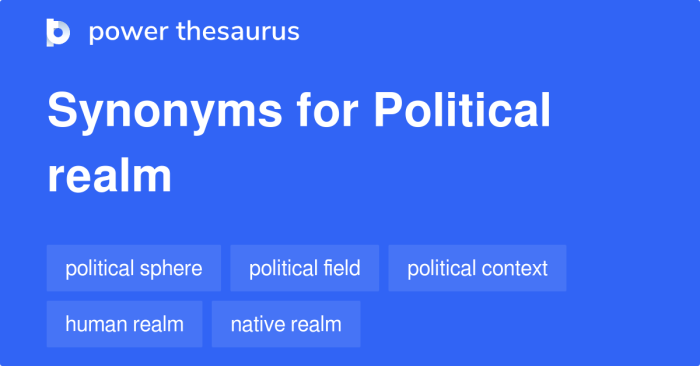
Mott’s motivations for seeking entry into the political realm were complex. He believed that the working class, of which he was a part, deserved representation in government. He saw politics as a means to address the concerns of the common man and to improve their lives.
Mott’s decision was also driven by a desire for personal fulfillment. He had a strong sense of justice and a deep commitment to social change. He believed that he could make a difference by entering politics and working to create a more just and equitable society.
Obstacles and Challenges
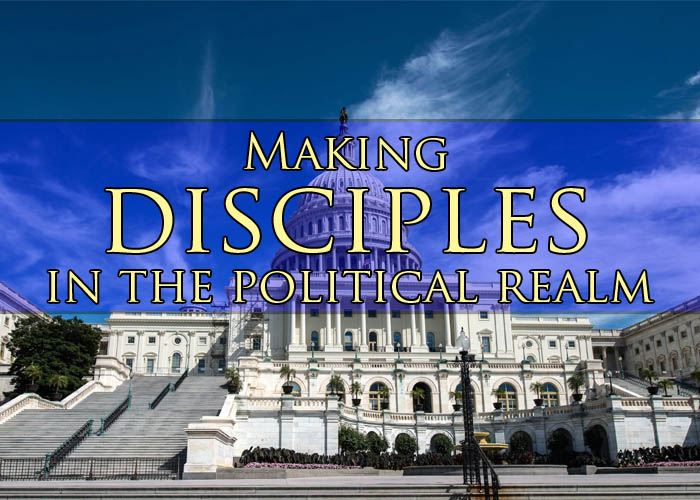
Mott faced numerous obstacles and challenges as an outsider attempting to enter politics. He encountered prejudice and discrimination from both the political establishment and the general public. He lacked the financial resources and connections that were often necessary for political success.
Despite these challenges, Mott refused to be deterred. He campaigned tirelessly, organizing rallies and speaking at public events. He also wrote extensively about the need for working-class representation in government.
Impact and Legacy
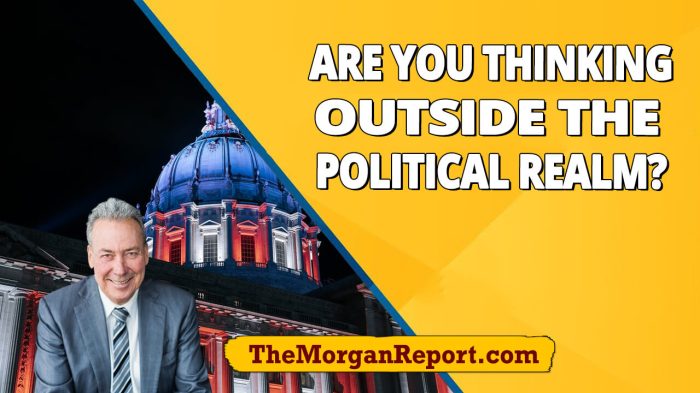
Mott’s claim had a significant impact on the political landscape. He helped to raise awareness of the concerns of the working class and to challenge the traditional barriers to political participation. His efforts inspired other outsiders to seek entry into politics, and he played a key role in the development of the labor movement.
Mott’s legacy continues to inspire activists and politicians today. He is remembered as a champion of the working class and a pioneer for social change. His efforts helped to break down barriers and make politics more accessible to all.
Clarifying Questions: Mott Claimed That If Allowed Into The Political Realm
What were the key obstacles faced by Mott as an outsider seeking entry into politics?
Mott encountered prejudice, discrimination, and lack of support, which hindered his political aspirations.
How did Mott’s claim impact the perception of outsiders in politics?
Mott’s assertion challenged prevailing norms and raised awareness about the importance of diversity and representation in political decision-making.
What is the lasting legacy of Mott’s efforts to break down barriers in politics?
Mott’s legacy continues to inspire and shape political discourse, promoting greater inclusivity and representation in positions of power.
